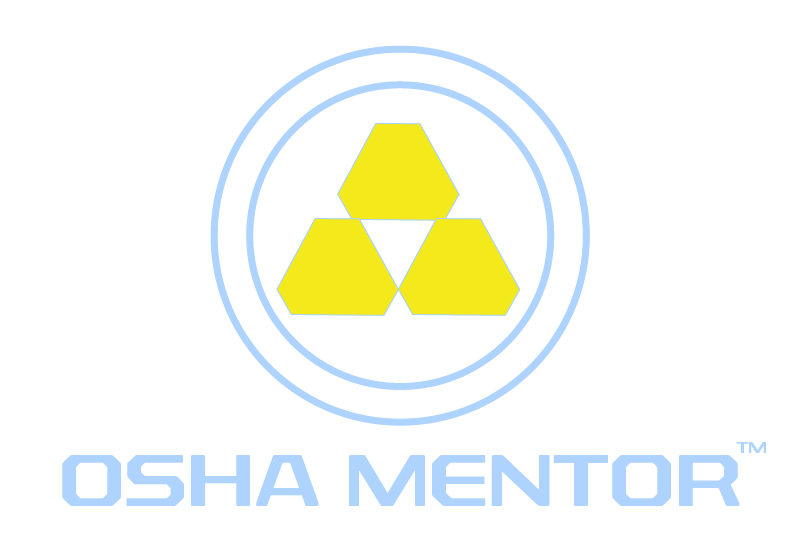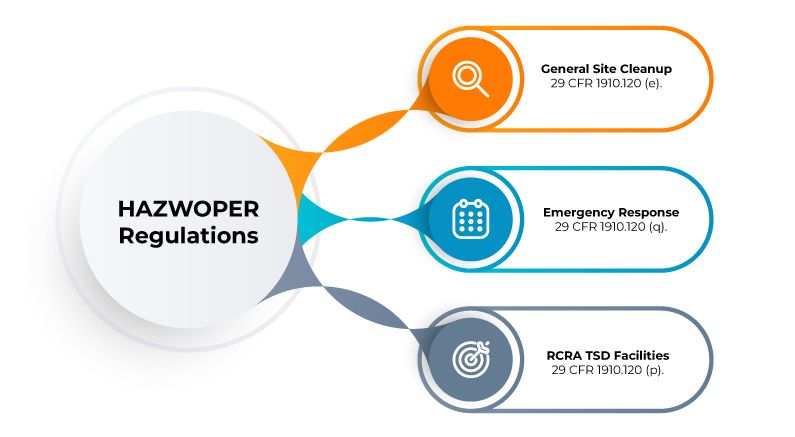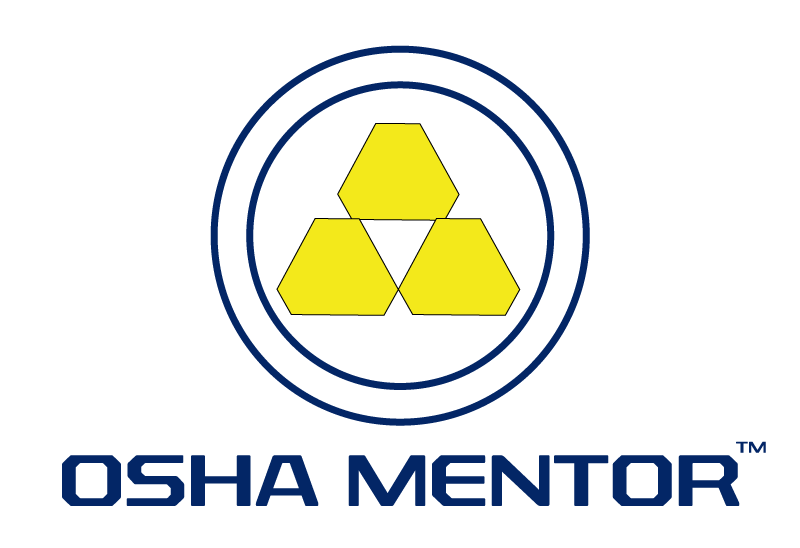
HAZWOPER Training Regulations

Overview
Any personnel working in the cleanup and restoration of contaminated sites, emergency response or Resource Conservation and Recovery Act (RCRA) Treatment Storage and Disposal Facilities (TSDF) must have the U.S. Occupational Safety and Health Administration (OSHA) Hazardous Waste Operations and Emergency Response (HAZWOPER) training. The U.S. training regulations are codified in Title 29 Code of Federal Regulations Part 1910.120. If you work in an OSHA State Plan, the state regulatory agency regulations will have primacy and maybe more stringent than U.S. OSHA regulations.
The HAZWOPER training regulations listed in 29 CFR 1910.120 are broken up into 3 different parts - general site cleanup, emergency response and RCRA TSDF.
What Constitutes OSHA HAZWOPER Work?
The typical work activities that involve HAZWOPER related work are as follows.
1. Handling contaminated soil or groundwater from groundwater monitoring efforts.
The above mentioned list is not exhaustive and may include additional sites, requirements and different work scenarios. There are different training requirements for each of these activities as listed above. General Site Cleanup is listed under 29 CFR 1910.120 (e). Emergency Response training is covered by 29 CFR 1910.120 (q) and RCRA TSDF requirements are under 29 CFR 1910.120 (p).
For a complete view of the training requirements for the different HAZWOPER levels, please refer to an earlier article.
Related Articles

